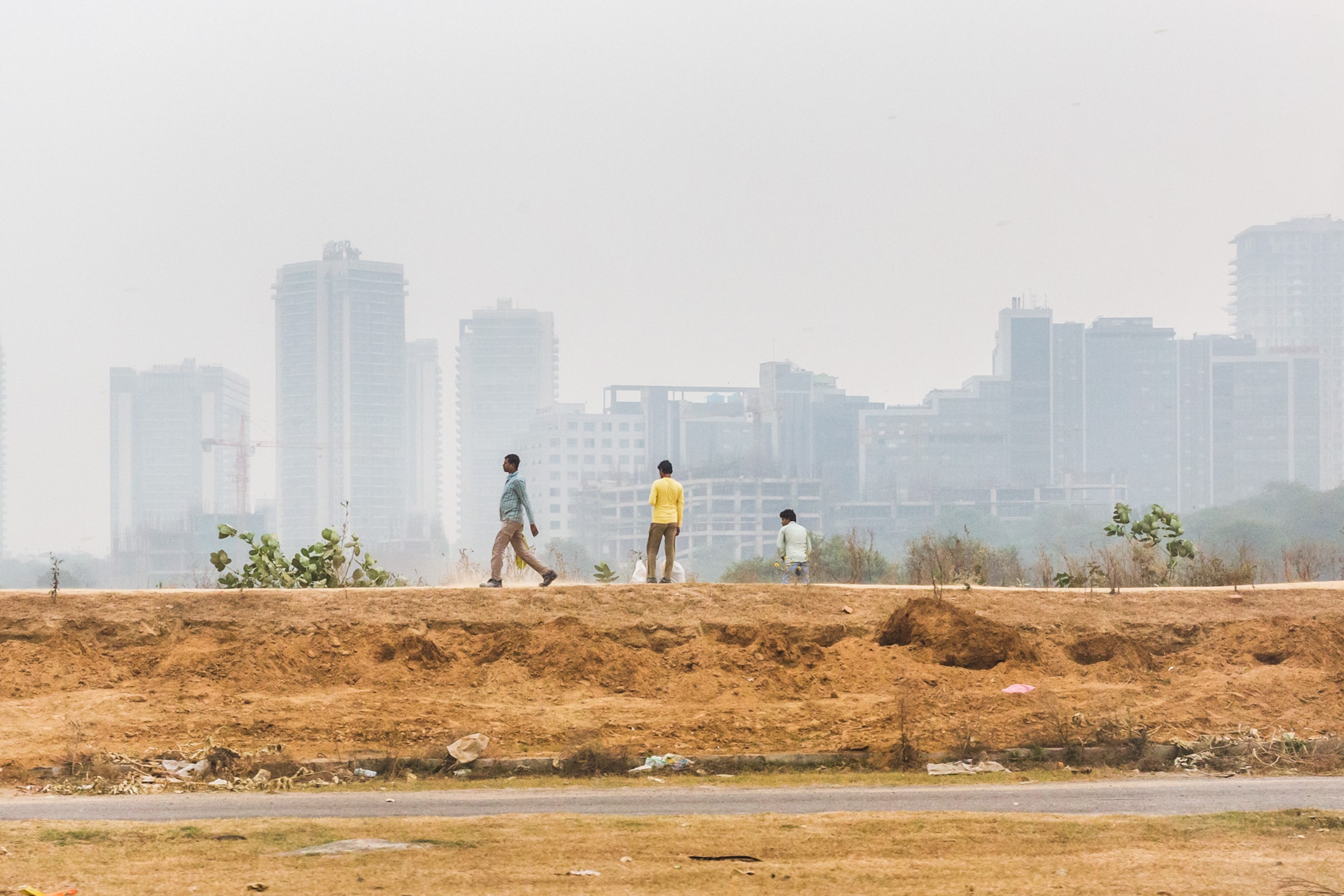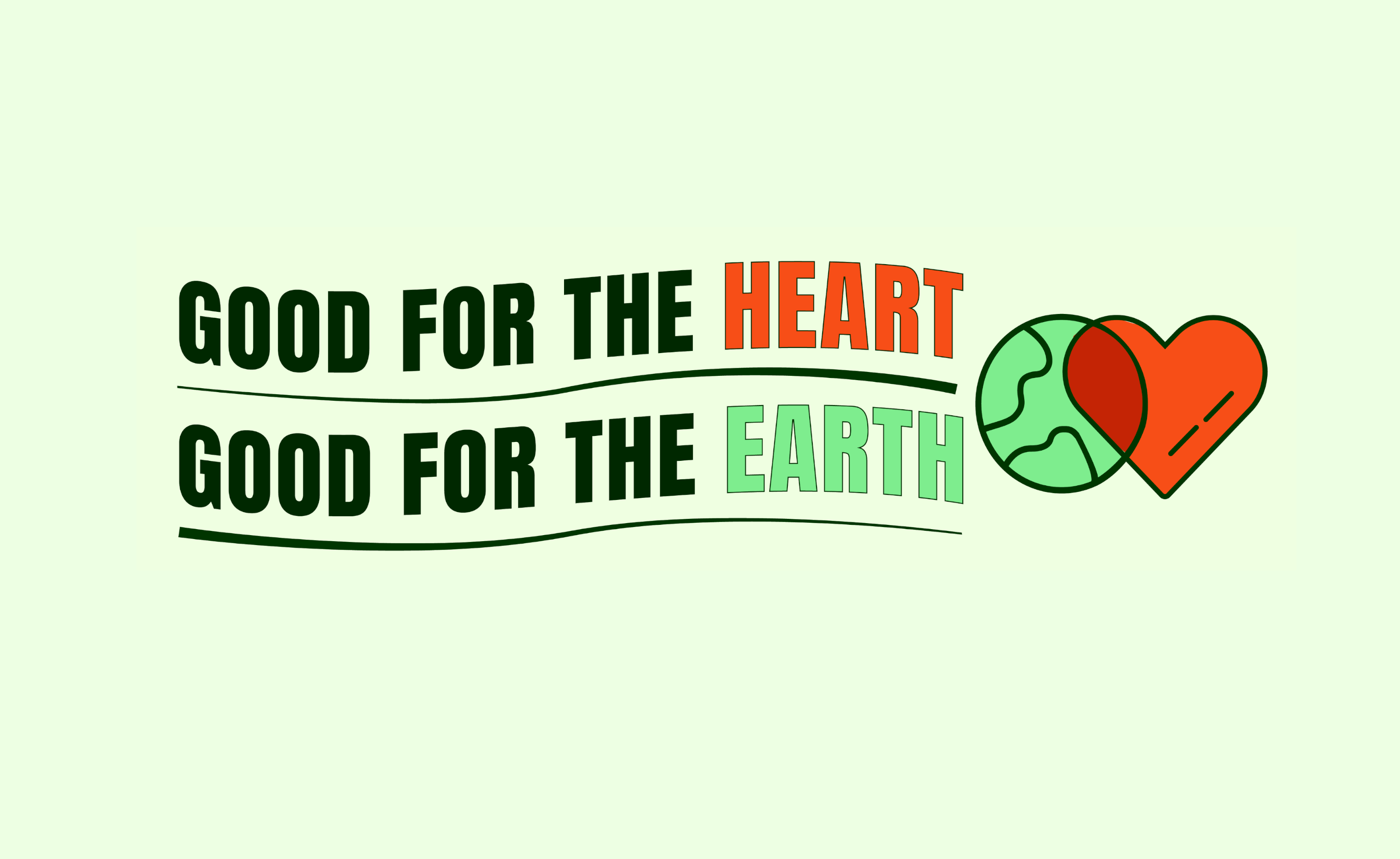A lot has been said about China’s booming economy, but less light has been shed on its waste problem, accelerated by urban growth and expanding international trade.
This report looks at how the overwhelming amount of waste affects people’s lives in the suburb of Beijing. It raises the question: what is a sustainable way of living in a consumer society?
Source:
A 360 video by LOOKOUT360° – A Climate Change Immersive Story Accelerator
The Climate Change Immersive Story Accelerator is a new 6-month media support programme for journalists and producers who are eager to get started with immersive stories on climate change.
As a pilot project, the European Forest Institute and the Global Editors Network have joined forces to launch Lookout360° that focuses on 360 video storytelling on climate change.






